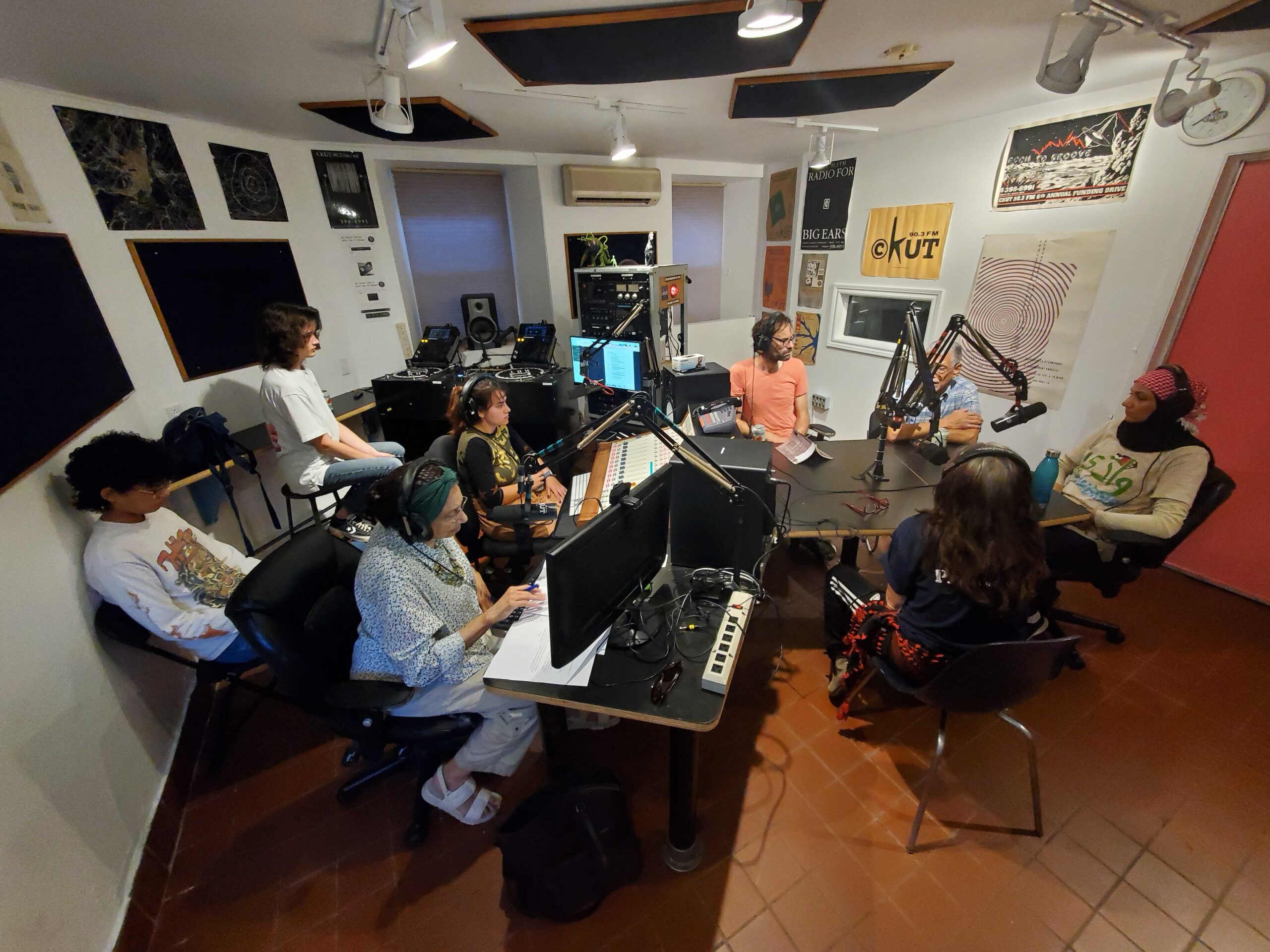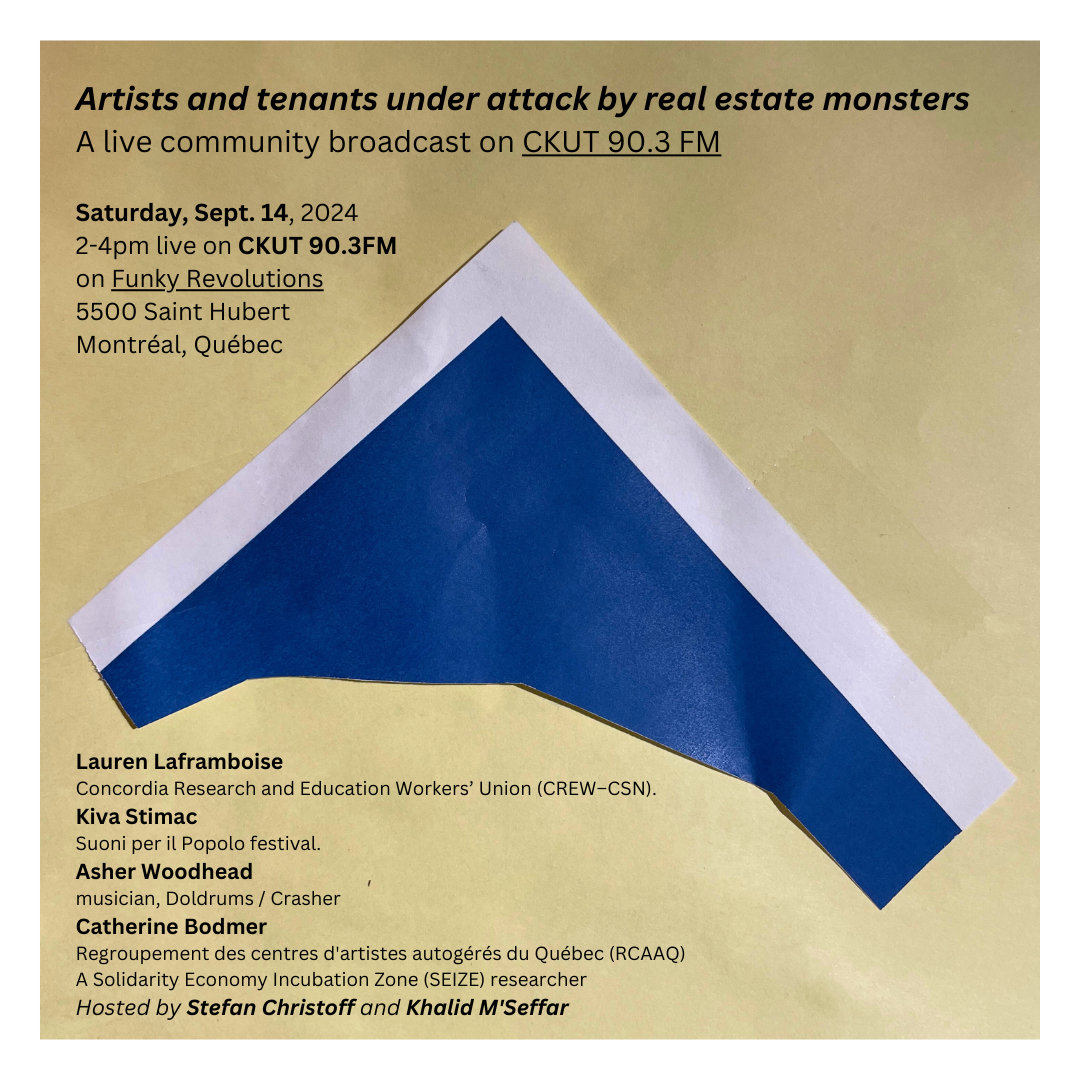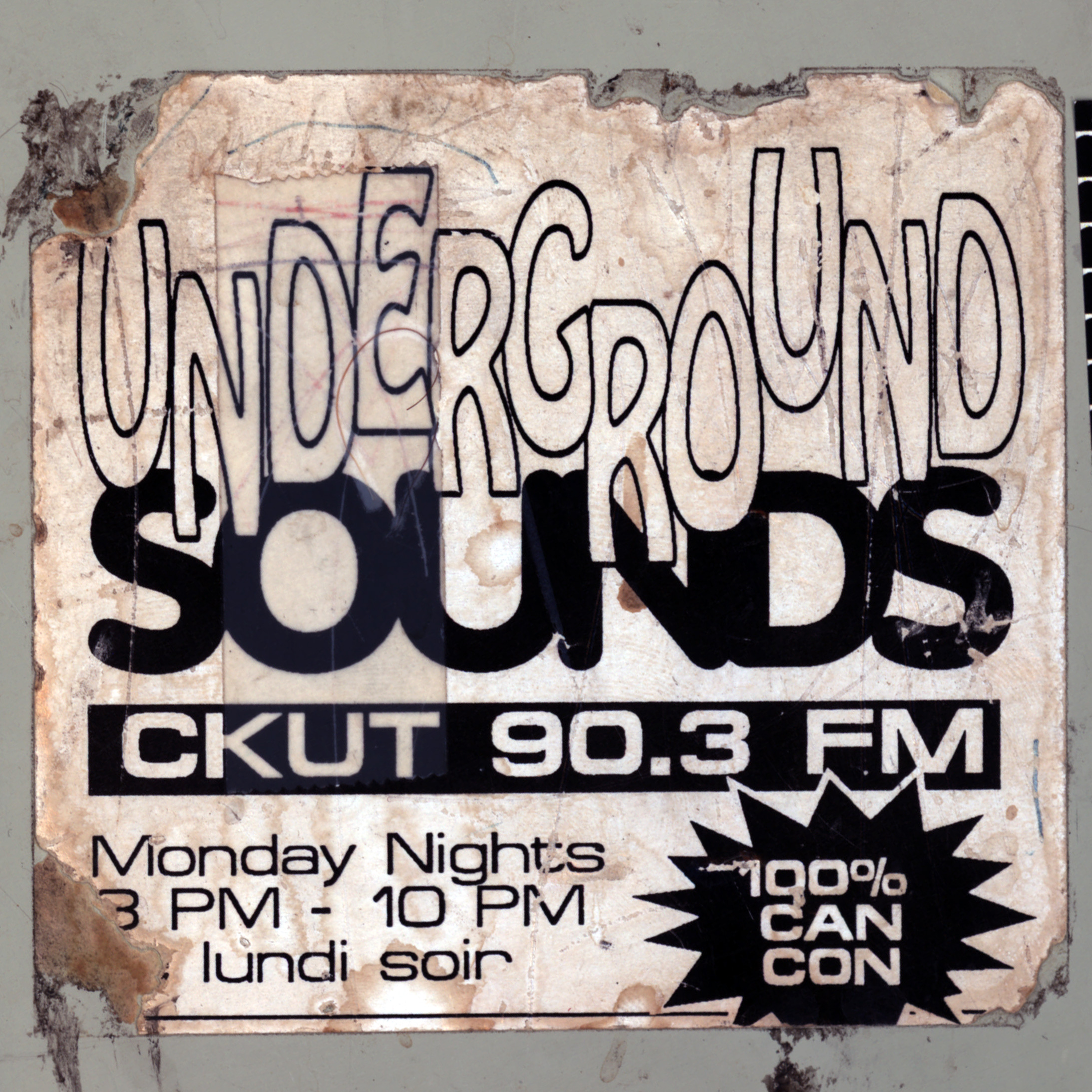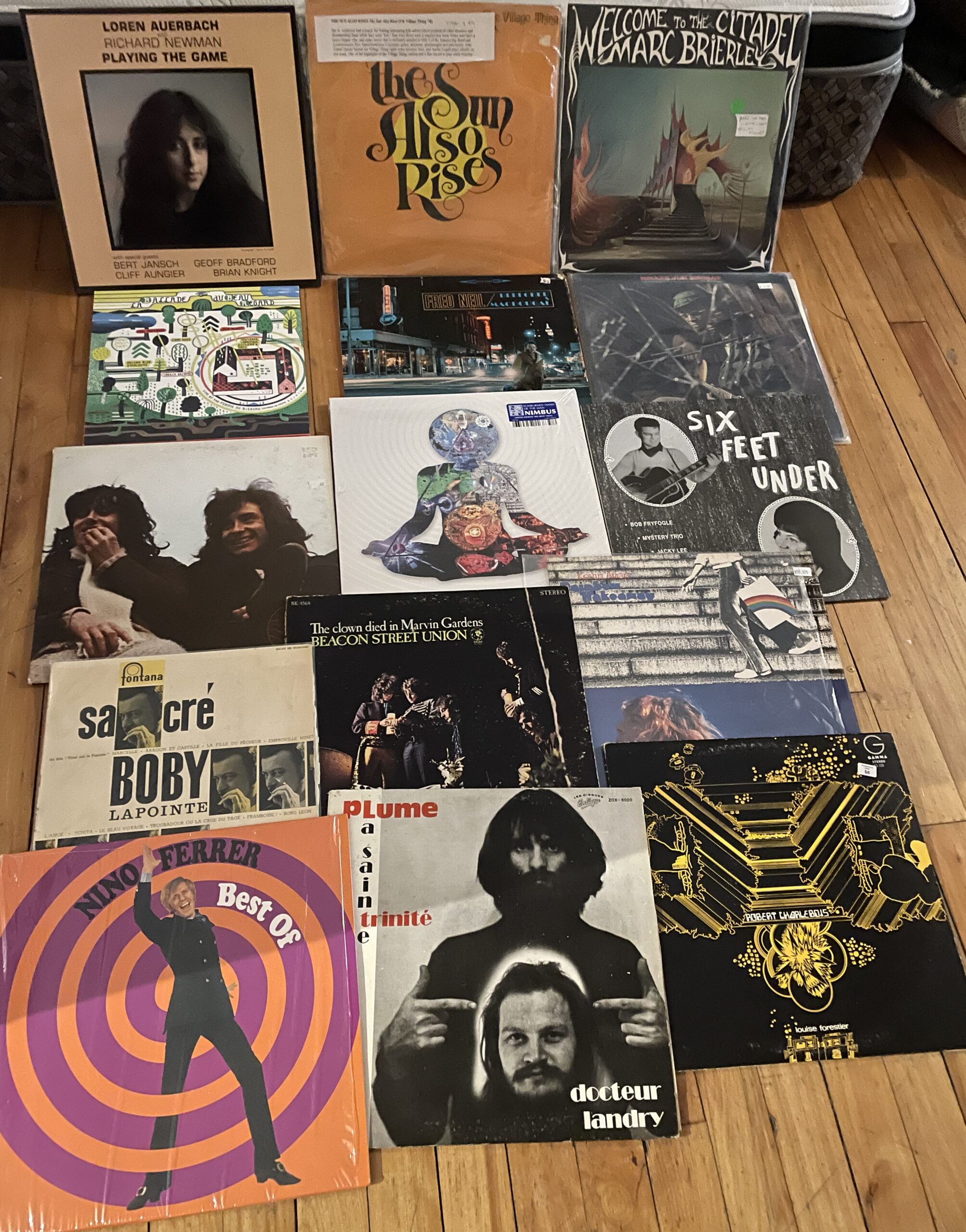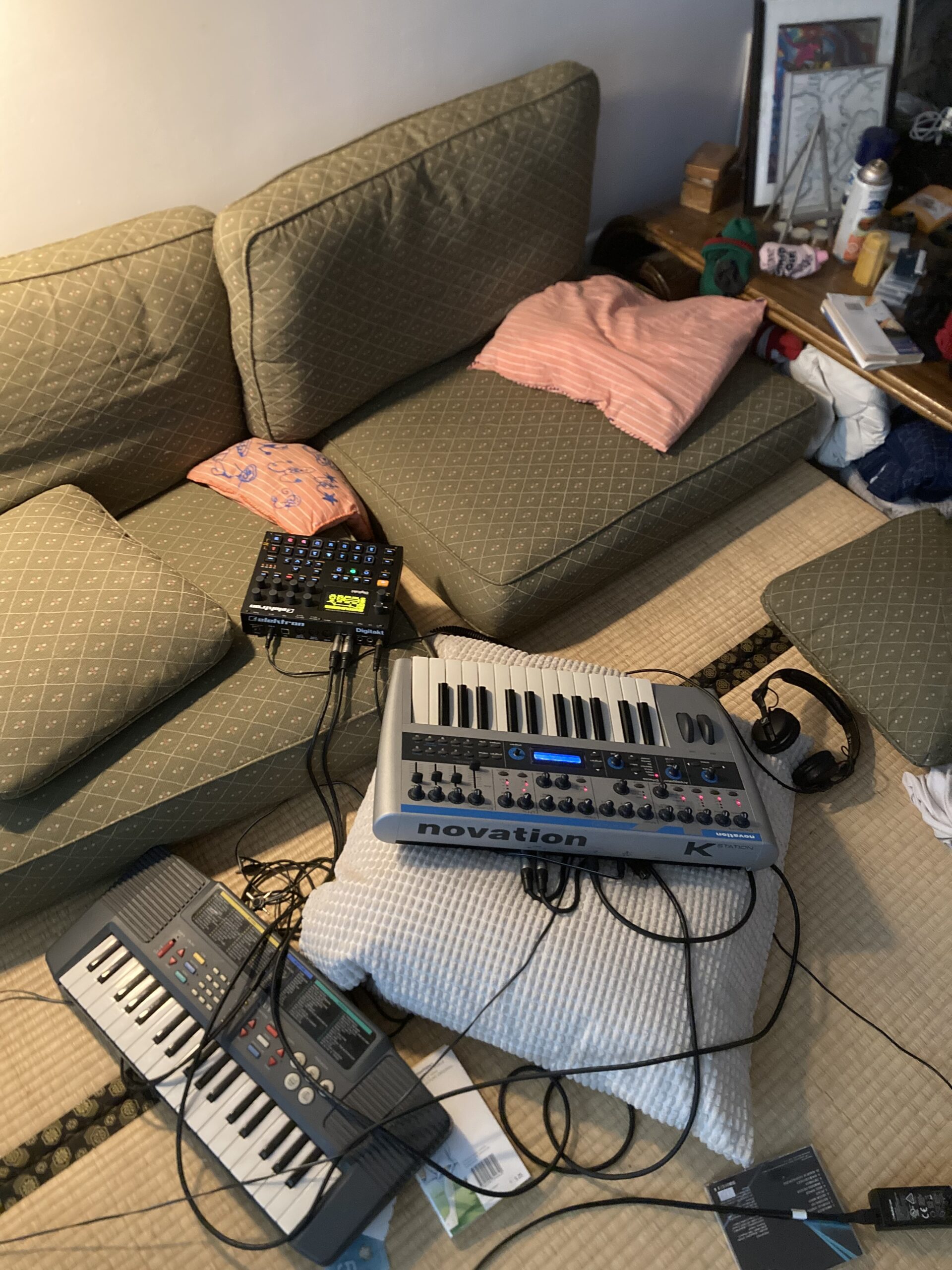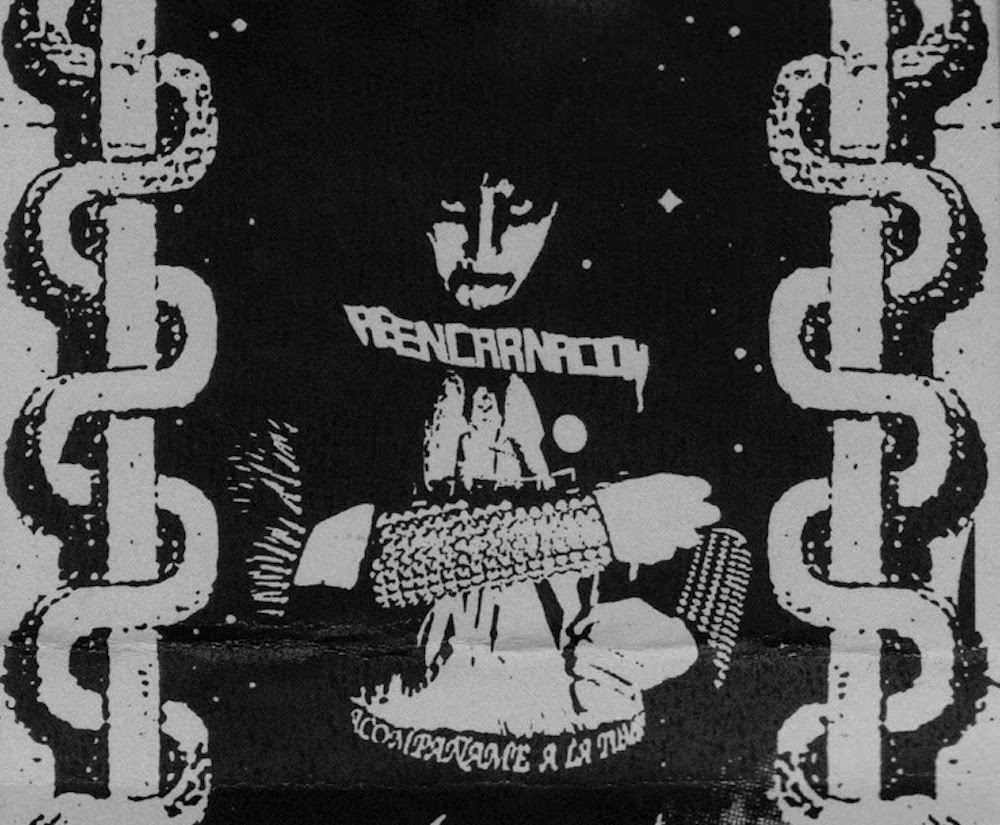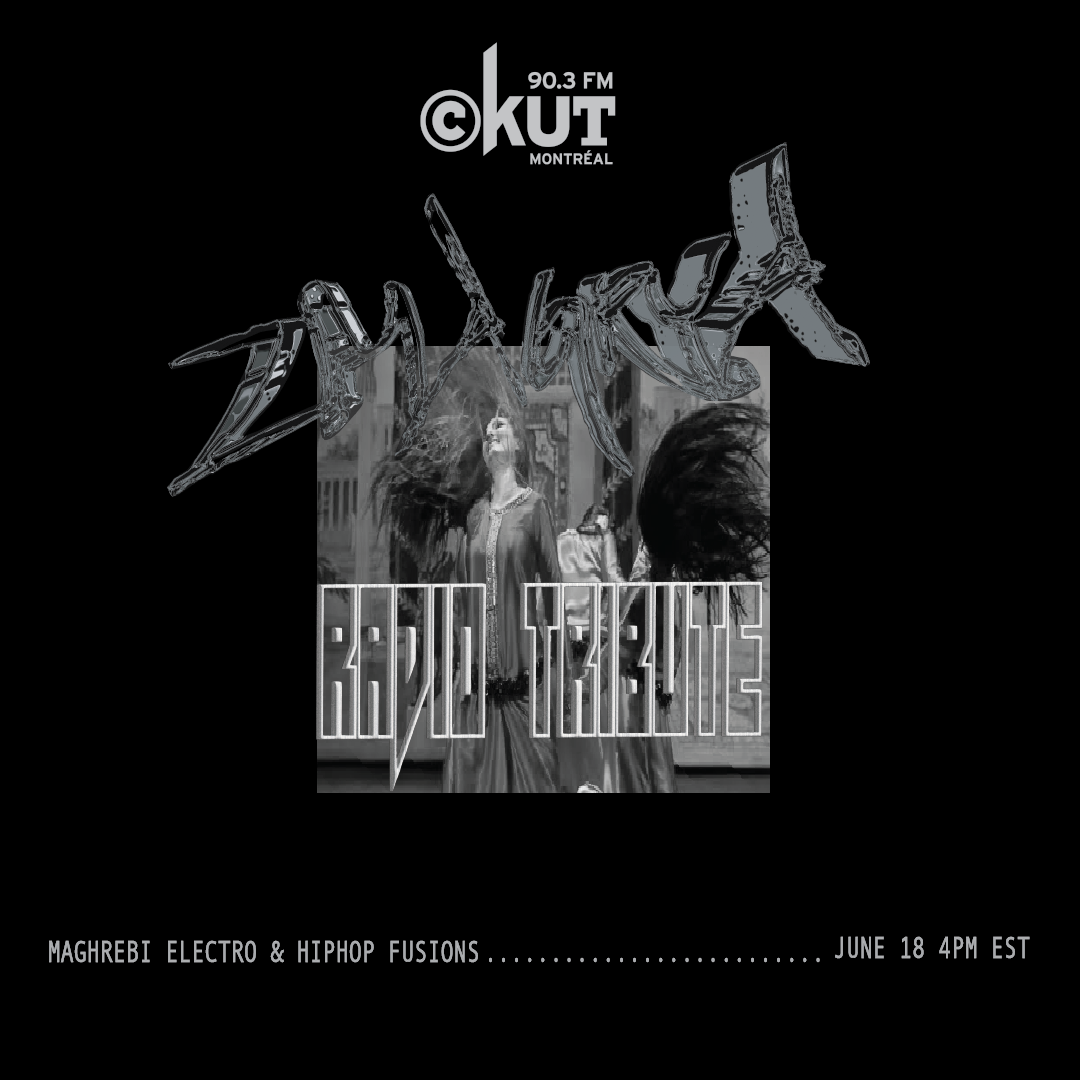Album Review: Japanese Breakfast – Soft Sounds From Another Planet
By Rosie Long Decter

“I want it all,” Michelle Zauner coos on “Diving Woman,” the opening track from her new album as Japanese Breakfast. The breathy vocals turn what could be a bold opening statement into a kind of aspirational mantra, something to reach toward.
Six and a half minutes long, “Diving Woman” is an enticing, meandering track that immediately differentiates Soft Sounds From Another Planet from Japanese Breakfast’s last release, 2016’s Psychopomp. That record was short, sweet, and immediate. Zauner put it together right after her mother passed away from cancer, and though most of its songs weren’t explicitly about her mother’s death, the album had a sense of working through fear and pain as they’re happening. That rawness was what made Psychopomp stand out, despite the fact that some of its two-minute tracks slid pleasantly in one ear and back out the other.
Soft Sounds, on the other hand, takes the time to brood, and is stronger for it. Zauner’s guitar is still at the forefront but now shares the spotlight with flitting synths and bells. Her vocals, meanwhile, are lighter than they’ve ever been, creating space for the songs to swell underneath. Soft Sounds is an indie rock album, but the tracks aren’t interested in catchy hooks so much as settling into a good groove and seeing where it goes. This isn’t a departure for Zauner, then, but an expansion.
Because of this calmer tone, Soft Sounds feels simultaneously in-depth and distant, the lyrics often expressing a sense of disconnection and isolation, as if sung by someone looking in on her life. In “Road Head,” Zauner recalls a failed relationship while remaining separate from it, her voice floating as she sings, “‘dream on, baby,’ were his last words to me” – a reference to an ex who told Zauner she wasn’t good enough for a career in music. The airy vocals and synths don’t create a sense of emptiness, but possibility, like the narrator is dreaming herself right past this shitty dude.
“The Body Is A Blade” is similarly hopeful, a song about the slow process of returning to feeling after loss. Over winding guitars Zauner sings, “your body is a blade that moves while your brain is writhing/ Knuckled under pain, you mourn but your blood is flowing,” before letting a lovely synth take over. The synth and guitar riffs repeat and repeat but also push on, creating a song that’s perfect for both swaying back and forth and walking forward.
There are moments across the album where this sense of momentum breaks through into joy. Lead single “Machinist” is the only time the album goes full synth-pop, and it’s glorious – a spacey dance track about a woman who falls in love with a robot and realizes their love can never be. Despite the tragic lyrics, the song ends on a sax solo that is pure euphoria. Yet it’s worth noting that the one moment of bliss on the album is also couched within the song that is the most removed from Zauner herself, her voice robotically autotuned. If “Machinist” is a fantasy of catharsis, the frenetic “12 Steps” feels a little more like freedom, as Zauner sings of leaving behind a dead relationship and starting a new one. The track stands out as the album’s most straight-up rock tune, but also as a moment where the narrator really seems to be here and taking control.
The scarcity of songs like this is what makes “Machinist” and “12 Steps” so much fun, and what gives the album its impact – Soft Sounds teases energy and empowerment but mostly finds itself immersed in collapsing connections. As she works through bad relationships and worse losses, Zauner moves between kinds of weakness and strength that feel specifically feminine, interrogating what it means for women and femmes to stand up for and take care of themselves while also being open, being soft. When, on the title track, Zauner tells an ex “that’s not the way to hurt me,” it’s a quiet, clever rebuff that sounds both wounded and resilient.
That said, sometimes Soft Sounds leans a little too far into its softness, particularly on the ballads. Where Psychopomp standout “Jane Cum” saw Zauner at her most pained and affecting, surrounded by fuzz and distortion, here we get “Til Death,” a love song whose syrupy bells and horns, paired with lyrics that are just a bit too on-the-nose (“all our celebrities keep dying/while the cruel men continue to win”) make it a little too lush to have much impact. “Soft Sounds From Another Planet” and the Phil Spector-sounding “Boyish” are similarly indulgent – though both have great moments, they get weighed down by their arrangements, and placing them as the fifth and sixth tracks means the middle of the album really drags.
Soft Sounds’ most successful ballad is also its last. “This House” is sparser than the others, Zauner accompanied just by guitar and piano for much of it, her wistful lyrics doing the heavy-lifting as she dwells on failed relationships, worries about what’s coming next, and winds up almost in the present. On the album’s last lines she sings: “I’m not the one I was then/ My life was folded up in half/ I guess I owe it to the timing of companions/ I survived the year at all.” Zauner seems to really emerge in these last words; her voice lifts, seemingly pulled upward by the melody, and she briefly belts before fading back into breathiness. For all the album’s focus on partners falling apart, then, Zauner ends by affirming the importance of connection, of the companions who get us through.
Soft Sounds is a mature album, one that manages to be catchy, heartbreaking and entrancing. It’s nothing particularly new for the genre, but lingers long after first listen, providing moments of both contemplation and clarity that should resonate with anyone feeling a little stuck. The album’s very last song is an instrumental track, “Here Come The Tubular Bells”; as it plays, the titular instrument calls to mind images of churches, of funerals and marriages, departures and commitments. When Zauner’s voice gives way to these familiar bells, it feels less like a disappearance than an arrival; like finding footing in soft sounds that might not be so far away, after all.
